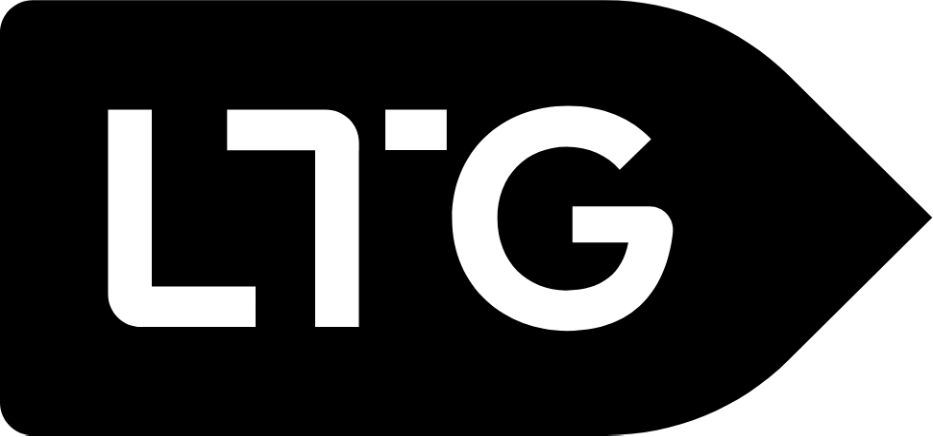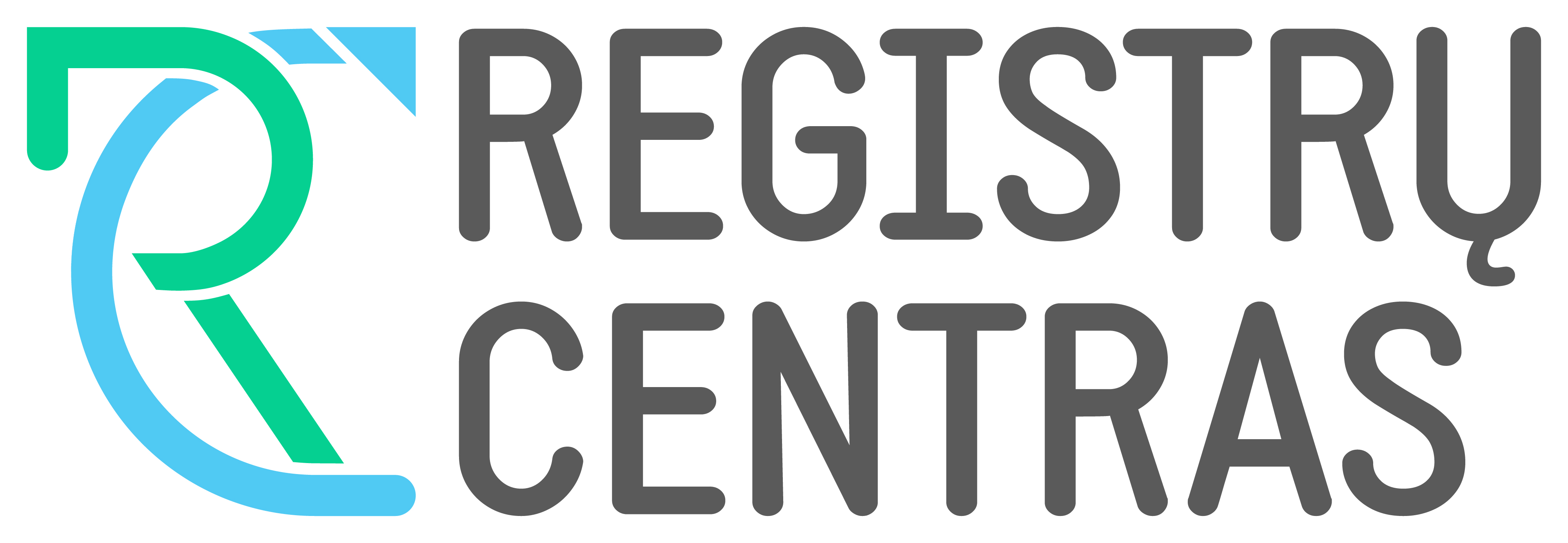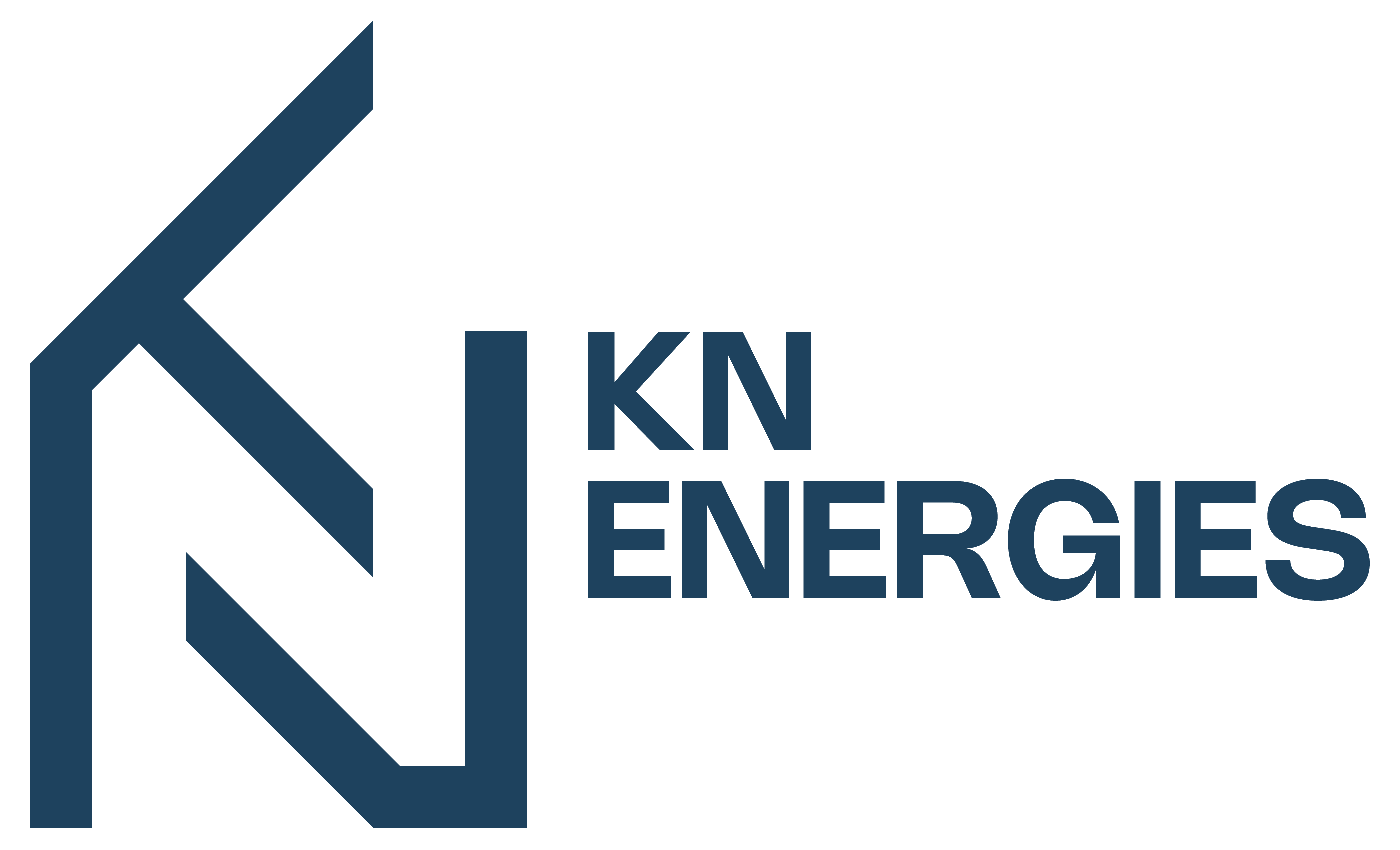Clearer visions of the future in the strategic plans of SOEs

An evaluation carried out by the Governance Coordination Centre, an institution promoting the good governance practices in Lithuanian state-owned enterprises (SOEs), shows, that even though some SOEs still restrict the disclosure of information, the overall quality of the strategic planning of Lithuanian SOEs is improving. State enterprises Oro navigacija and Klaipėdos valstybinio jūrų uosto direkcija as well as AB Klaipėdos nafta have provided the clearest strategic directions of all SOEs. The most improvements on formulating their strategic plans should be made by the SOEs under the Ministry of Agriculture.

As stated by the director of the Governance Coordination Centre, Vidas Danielius, “While evaluating the strategic plans of SOEs we noticed, that trends in the strategic planning processes are positive. Enterprises are shaping their future vision clearly, SOEs set their strategic goals and objectives. Despite this, the most problematic area remains SOEs’ thorough self-evaluations. The enterprises still do not perform diligent enough assessments of their business operations and risks, and the quantitative evaluations performed are usually lacking and do not provide information on the enterprises’ future perspectives or the sensitivity of their financials to the internal and external influences. Another problematic area is the justification and disclosure of SOEs’ financial forecasts, including investment plans. The financial forecasts are not detailed enough, and this hinders the evaluation of the investment plans’ financial viability and validity”.
The companies from the Transport and Communications sector and Energy sector, such as VĮ Oro navigacija, VĮ Klaipėdos valstybinio jūrų uosto direkcija and AB Klaipėdos nafta, are amongst those, which strategic plans received highest scores. While most of SOEs’ under the Ministry of Agriculture strategic plans do not comply with the Strategic Management and Planning Guidelines. “The results of these evaluations are determined not only by the professionalism of the firms’ management but also by the enterprises’ resources – small SOEs have very limited human and financial resources, while large SOEs have the ability to hire external specialists and carry out extensive strategic planning sessions. As we provide guidance for SOEs regarding the implementation of good governance practices, the main goal of these evaluations is to provide insights as well as constructive comments for SOEs, in order to improve their strategic plans” indicated Vidas Danielius.
Strategic plans of 50 SOEs, provided by the institutions representing the state in the management of SOEs or SOEs themselves, were evaluated by the Governance Coordination Centre. “We can happily say, that the process of the evaluation of strategic projects and approved documents went smoothly this year despite the fact that some SOEs ignore the transparency requirements and restrict the disclosure of the required information” stated Vidas Danielius.
According to the director of the Governance Coordination Centre, Vidas Danielius, the strategic plans’ evaluation process was improved in 2018: “Up until this year, only the projects of the strategic plans of SOEs were evaluated. In order to objectively assess the enterprises’ strategic plans as well as the planning process, a decision was made to evaluate, whether the SOEs, while approving their strategic plans, have considered the comments made by the Governance Coordination Centre, and if the approved strategic plans, compared with their projects, were improved.”
Another significant change in the evaluation process is related to the changes in the Ownership Guidelines, after which was possible to set goals for individual enterprises instead of broad groups of companies. During the evaluation, a focus was to assess, if the SOEs, while formulating their strategic directions, consider the goals, objectives and indicators, given in the state’s Letters of Expectations.
“We hope, that the expectations of the state for its enterprises regarding their financial results, the return to the state, optimal capital structure as well as allowed scope of their business operations will help SOEs to improve their strategic plans and ensure the achievement of set goals and objectives. In the meantime, the Governance Coordination Centre will contribute to the improvement of the monitoring and evaluation procedures” – regarded Vidas Danielius.









